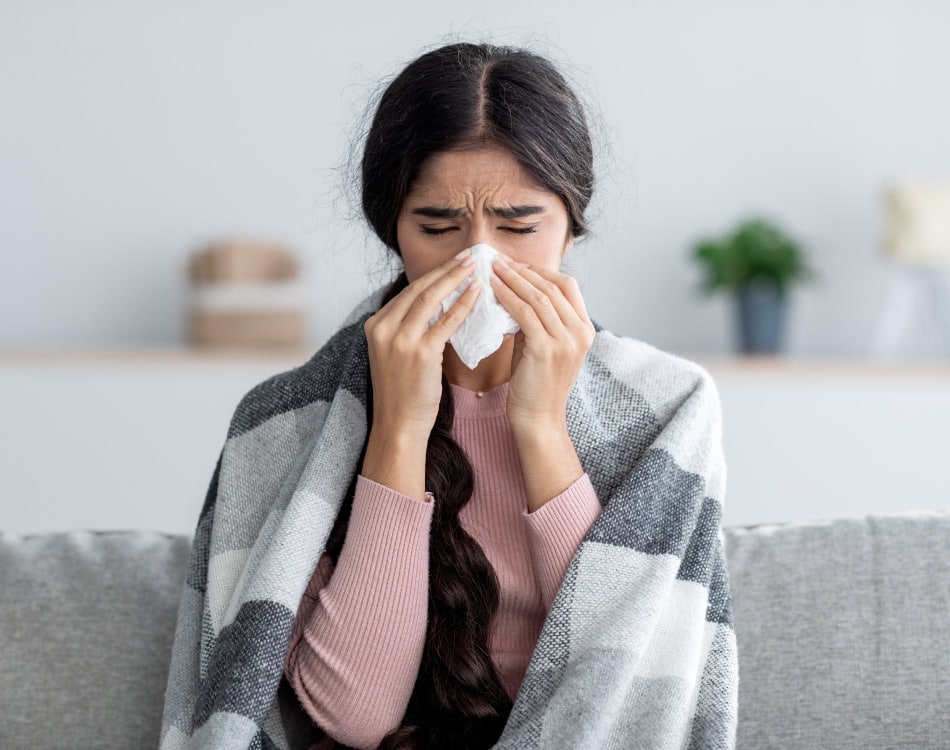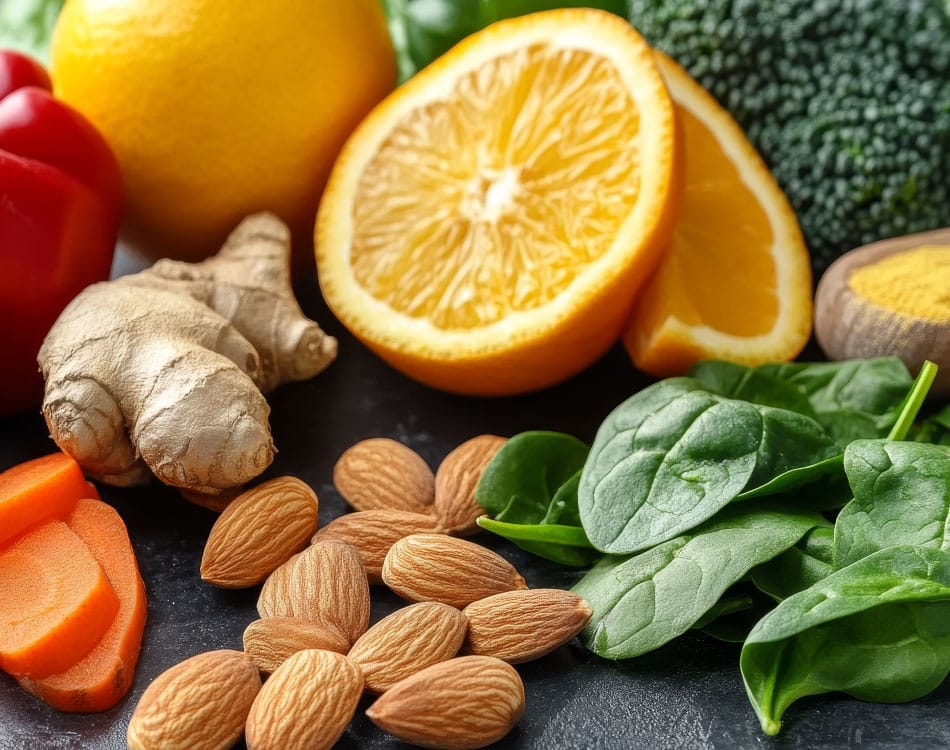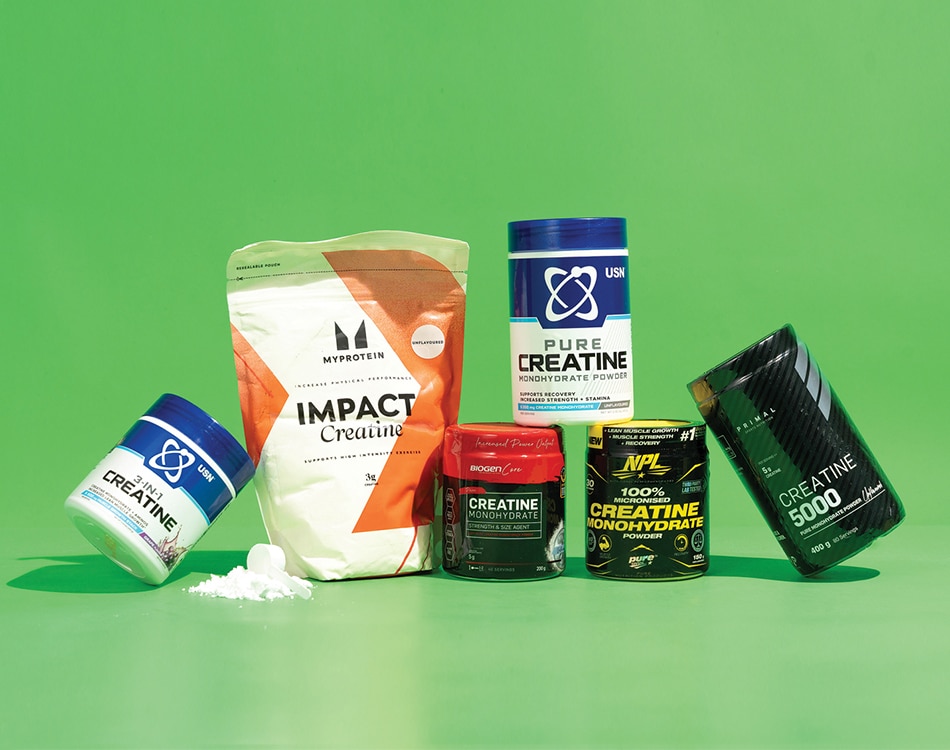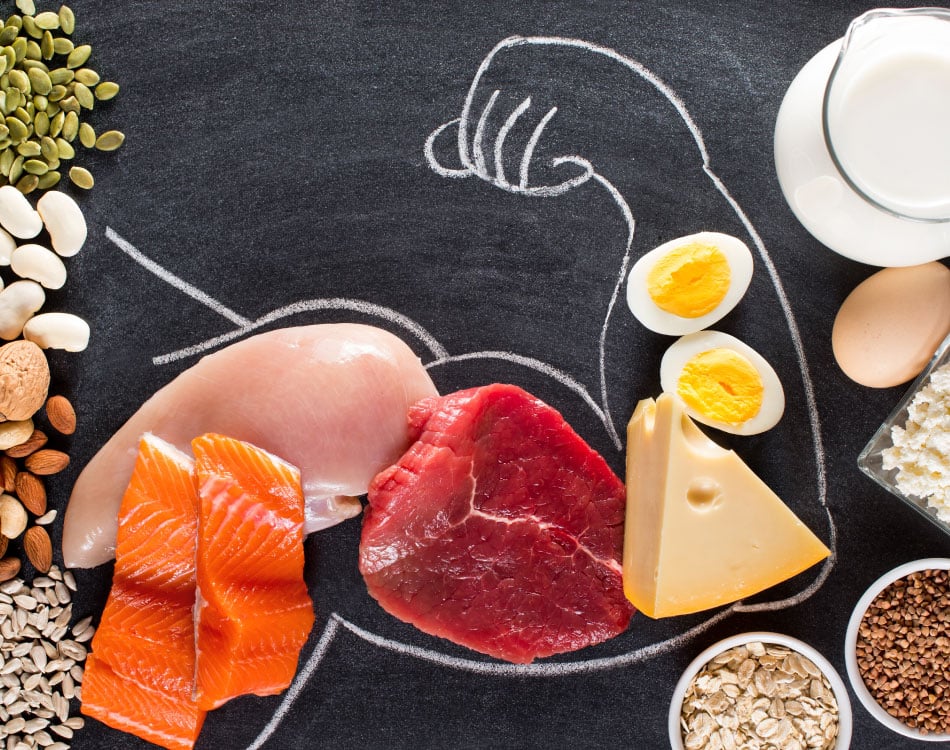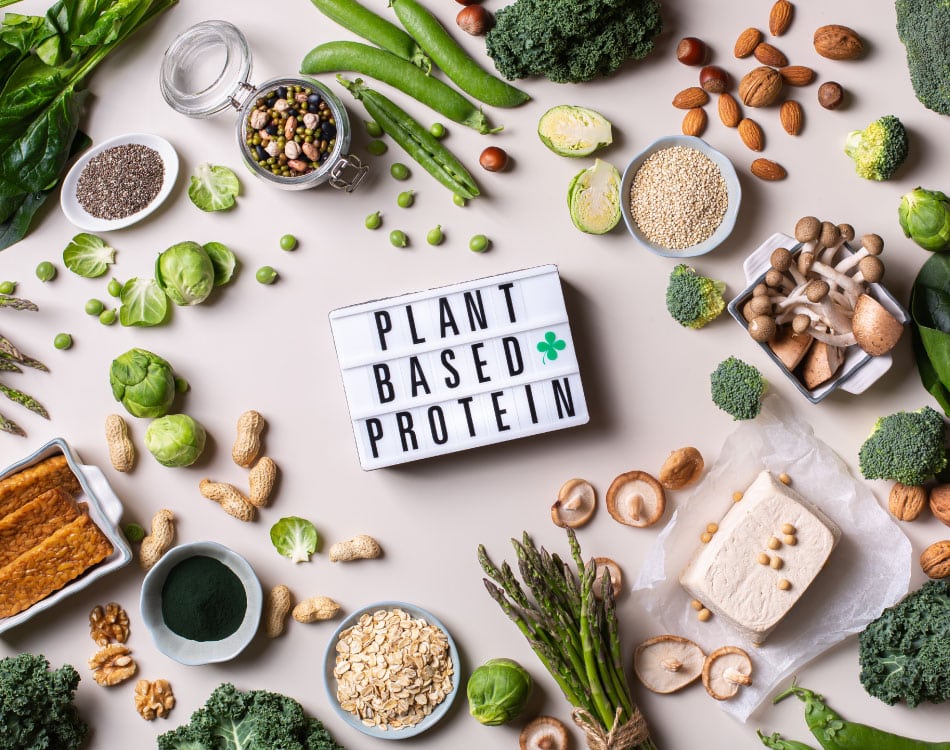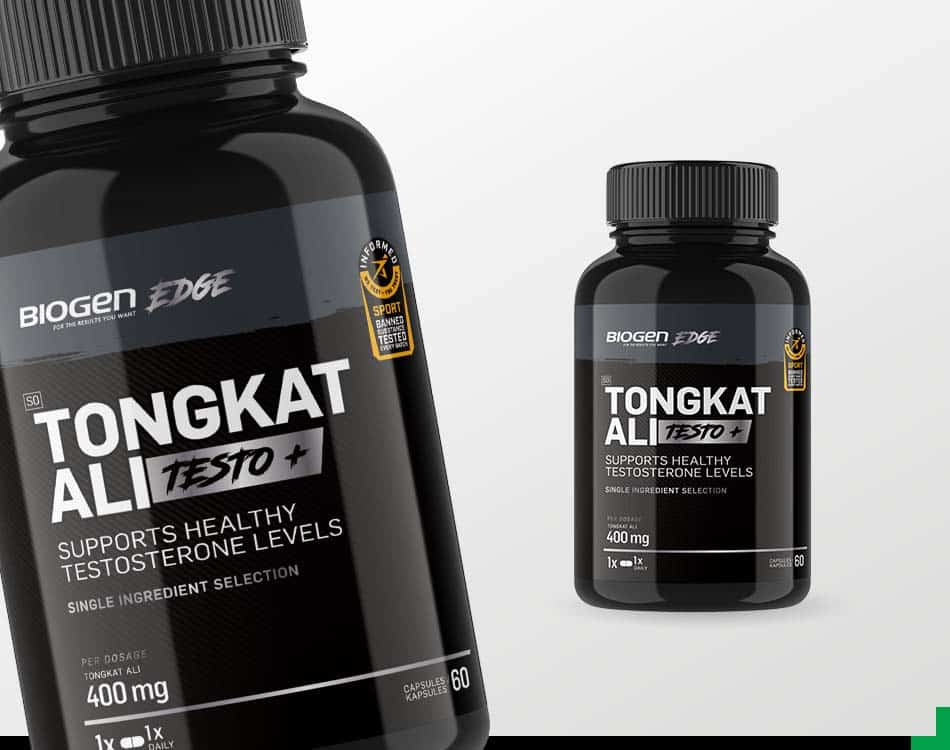With around a billion cases of seasonal influenza annually, according to WHO data, including 3–5 million cases of severe illness, it pays to take proactive measures to boost your immunity this cold and flu season with these 5 tips.
READ MORE | 3 Supplement Combos To Enhance Immunity
1. Get the seasonal flu vaccine
The success of Covid-19 vaccines boosted public confidence in vaccination as a preventive strategy1, which translated into increased willingness to get vaccinated against seasonal flu.
The flu vaccine specifically targets and builds immunity against the most prevalent influenza virus strains for the upcoming flu season based on national health authority predictions for their region.
Following a vaccination, when exposed to these strains, your immune system recognises and fights them off, preventing illness or reducing its severity.
The flu vaccine’s effectiveness varies each year depending on how well the predicted strains match the circulating ones, but studies2 confirm that vaccines reduce symptoms.
Data from the Centres of Disease Control and Prevention (CDC) in the US, during seasons when flu vaccine viruses are similar to circulating flu viruses, the vaccine reduces the risk of having to go to the doctor with flu by 40% to 60%.
And the vaccine offers even better protection against severe illness and hospitalisation from flu, with a 2018 study3 showed that among adults hospitalised with flu, vaccinated patients were 59% less likely to be admitted to the ICU than unvaccinated patients. Among adults in the ICU with flu, vaccinated patients spent four fewer days on average in the hospital than those who were not vaccinated.
One study4 shows that getting the seasonal flu vaccine from your local Dis-Chem can also reduce infection rates from circulating Covid strains.
2. Take preventative measures
The non-pharmaceutical measures introduced during the pandemic still apply to any cold and flu season as they help to preventive viruses from spreading.
These measures include frequent hand-washing, avoiding close contact with sick individuals, and maintaining good hygiene.
Avoiding hand-to-hand or close contact is also recommended during cold and flu season to reduce the risk of contact transmission.
Wash your hands thoroughly after any person-to-person contact or after coming into contact with potentially contaminated surfaces.
While this is a less common cause of infection compared to transmission via respiratory droplets in the air, viruses can survive on surfaces for some time, depending on specific virus and environmental factors like temperature and humidity. However, proper hand hygiene significantly reduces the risk of transmission through this route.
3. Eat your way to greater resilience
Eat a diet that consists predominantly of whole natural foods, with a variety of colours from fruits, vegetables, and whole grains.
These foods are nutritious, providing a rich source of vitamins, minerals, and antioxidants that support your immune defences by providing the nutrients your body needs to produce and repair immune cells.
Ideal foods include berries, citrus, leafy greens, sweet potatoes, quinoa, brown rice, and lean protein sources like fresh fish, poultry, beans, and lentils. Healthy fats like olive oil, nuts, and seeds offer anti-inflammatory benefits and support vitamin absorption.
It is also advisable to limit or avoid processed foods, which generally lack essential nutrients and typically contain added sugar and manufactured fats, which can hinder your immune response due to their roles in inflammation and dysregulation of the gut microbiome.
4. Create a healthy lifestyle
Creating and following a healthy lifestyle that includes regular exercise and sufficient sleep will support your immune defences.
Engaging in moderate-intensity exercise for at least 150 minutes per week helps to stimulate immune cell production and circulation. These activities can include simple tasks like brisk walking, swimming, biking, or dancing.
The more of these activities you do outside, the better, as getting out into nature can reduce stress and promote immune function.
The other key element in your lifestyle is sufficient restorative sleep – between 7-9 hours a night – can help improve your resilience to infections.
Studies5 consistently demonstrate that sleep enhances the adaptive immune response against the invading viruses.
5. Supplement strategically
Research6 links a vitamin D deficiency with the increased susceptibility to infections. As sunlight exposure typically decreases in winter, a vitamin D supplement can help to boost levels and improve your immune response.
Vitamin D sublingual sprays offer a convenient option with potential benefits over orally administered supplements due to faster absorption rates and improved bioavailability. Additional options include tablets and effervescent tablets.
A zinc deficiency can also negatively impact immune function and increases your susceptibility to infections. This important mineral supports proper immune cell development and function, making it vital to an optimally-functioning immune response.
Zinc also acts as an antioxidant, protecting cells from damage caused by free radicals, and possesses anti-inflammatory properties. In addition, sufficient zinc is essential to maintain skin and mucous membrane integrity, which act as first-line barriers against viruses and bacteria. As such, a supplement can help to meet any shortfall in your diet.
Adding probiotic-rich foods and supplements to your immune-boosting plan is another way to support optimal immune health and function.
A healthy gut microbiome that hosts a diverse range of beneficial bacteria strains supports immunity by providing barrier protection against potentially harmful pathogens entering your bloodstream. Gut bacteria also communicate with the immune system through various signalling molecules, influencing immune cell production.
The information provided in this article is not a substitute for professional medical advice. Always consult your healthcare provider for personalised recommendations regarding your immunity and preventative and treatment measures during cold and flu seasons.
References:
- Zipfel CM, Colizza V, Bansal S. The missing season: The impacts of the COVID-19 pandemic on influenza. Vaccine. 2021 Jun 23;39(28):3645-3648. doi: 10.1016/j.vaccine.2021.05.049. Epub 2021 May 30. PMID: 34078554; PMCID: PMC8376231.
- Mark G. Thompson, Nevil Pierse, Q. Sue Huang, Namrata Prasad, Jazmin Duque, E. Claire Newbern, Michael G. Baker, Nikki Turner, Colin McArthur, Influenza vaccine effectiveness in preventing influenza-associated intensive care admissions and attenuating severe disease among adults in New Zealand 2012–2015, Vaccine, Volume 36, Issue 39, 2018, Pages 5916-5925, ISSN 0264-410X, https://doi.org/10.1016/j.vaccine.2018.07.028.
- Deiss RG, Arnold JC, Chen WJ, Echols S, Fairchok MP, Schofield C, Danaher PJ, McDonough E, Ridoré M, Mor D, Burgess TH, Millar EV. Vaccine-associated reduction in symptom severity among patients with influenza A/H3N2 disease. Vaccine. 2015 Dec 16;33(51):7160-7167. doi: 10.1016/j.vaccine.2015.11.004. Epub 2015 Nov 10. PMID: 26562321; PMCID: PMC4684491.
- Debisarun PA, Gössling KL, Bulut O, Kilic G, Zoodsma M, Liu Z, et al. (2021) Induction of trained immunity by influenza vaccination – impact on COVID-19. PLoS Pathog 17(10): e1009928.https://doi.org/10.1371/journal.ppat.1009928.
- Besedovsky L, Lange T, Born J. Sleep and immune function. Pflugers Arch. 2012 Jan;463(1):121-37. doi: 10.1007/s00424-011-1044-0. Epub 2011 Nov 10. PMID: 22071480; PMCID: PMC3256323.
- Raju A, Luthra G, Shahbaz M, Almatooq H, Foucambert P, Esbrand FD, Zafar S, Panthangi V, Cyril Kurupp AR, Khan S. Role of Vitamin D Deficiency in Increased Susceptibility to Respiratory Infections Among Children: A Systematic Review. Cureus. 2022 Sep 15;14(9):e29205. doi: 10.7759/cureus.29205. PMID: 36259029; PMCID: PMC9573008.

